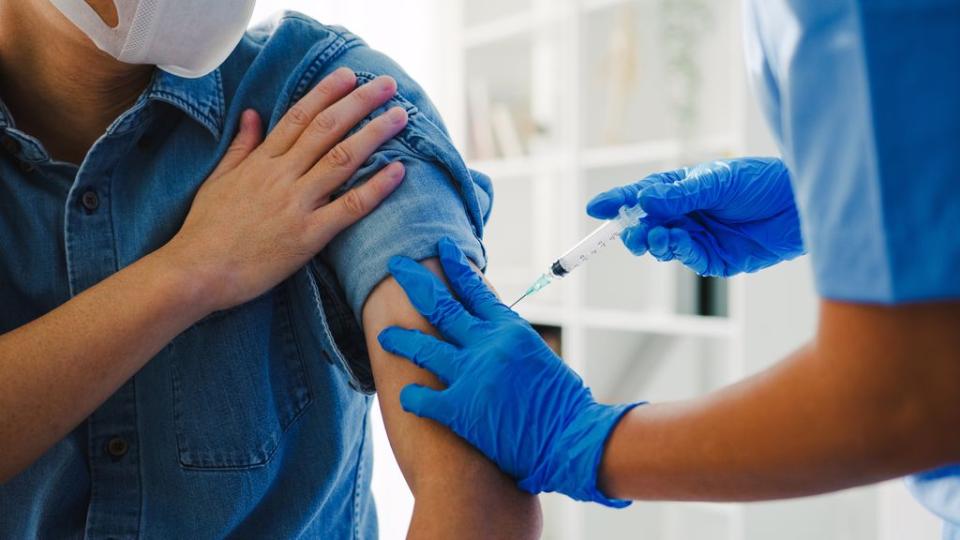Today, many vaccines are protected by multiple levels of intellectual property rights, and these intellectual property rights are often held by multiple companies. A patent for vaccines held for more than 20 years does not constitute a barrier to production. On the other hand, it is possible to obtain a vaccine patent for a new formulation that improves the basic form of the vaccine. Patents can also be obtained for methods that simplify vaccine production. In short, the answer to the question "What is a vaccine patent?" can be given as a method that protects the technical solution a vaccine provides to a problem. It is also possible to solve the same problem differently. This way, another solution, that is, another vaccine, can also be patented.
What is a Vaccine Patent?
Vaccines designed to protect against illnesses such as the common cold and flu, as well as those designed to combat many viruses and bacteria, can be patented. Furthermore, it's possible for pharmaceutical companies to develop vaccines for the same virus simultaneously using different chemicals. In this case, each vaccine can be patented because it uses different methods. Furthermore, patenting a vaccine produced by a single brand prevents other pharmaceutical companies from imitating the same vaccine without permission. A vaccine that is being patented must pass the necessary tests and be deemed harmless to human health. Furthermore, the vaccine intended for patenting must also make a novel and significant contribution to the field in terms of its production method or the problem it solves.
How to Get a Vaccine Patent?
The question "How to patent a vaccine?" is frequently asked by many pharmaceutical companies. Companies wishing to patent a vaccine must first check the relevant database for similar vaccines. This is a crucial step, as if a similar or identical vaccine is found, the vaccine may not be patented.
Patent applicationIt's crucial that the vaccine being investigated be described in detail in the specification. Identifying the chemicals and other details in the vaccine increases the vaccine's chances of being patented. This is perhaps one of the most crucial steps in the vaccine patenting process.
It's crucial that the vaccine being developed be suitable for mass production. If a vaccine can be produced in large quantities, the problem it's intended to solve can be addressed more quickly.
Vaccine Patent Process
The vaccine patent process can take anywhere from a few months to several years. Once the necessary conditions are met, a patent can be issued for the vaccine.
When applying for a patent for a vaccine, information such as the name and address of the pharmaceutical company, the name and signature of the authorized person must be included in the application form.
Fees may be required during the patent application process and in the future. Payments can be made by credit card or money transfer.
Once the vaccine patent application is completed, a file containing a serial number is issued. This serial number allows for easy tracking of the patent application.
How Does a Vaccine Become Valid?
For a vaccine to be proven effective, it must pass certain tests. Approval must then be obtained from the countries where it will be administered. In pandemic and epidemic conditions, vaccines can receive emergency approval from countries. This answers the question, "How does a vaccine gain validity?" After approval, mass production can begin. Furthermore, for a vaccine to gain validity, a certain amount of time must have passed since its initial discovery. During this process, more reliable answers can be provided regarding questions such as whether the vaccine poses a health risk, its side effects, and whether it addresses the specific disease. Furthermore, age and race are also important factors affecting vaccine validity.
For questions about vaccine patents and other types of patents Support Patent You can contact with.





